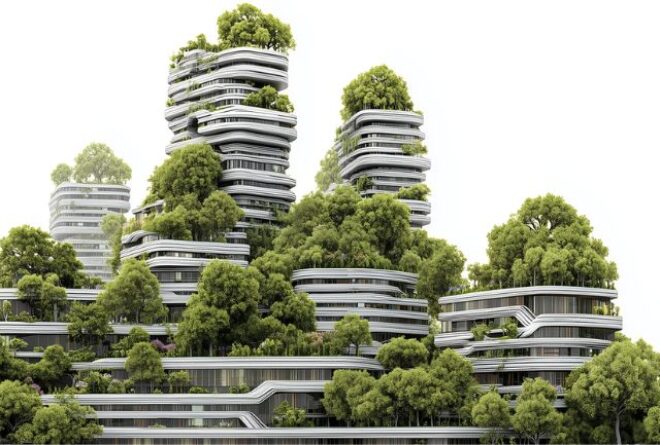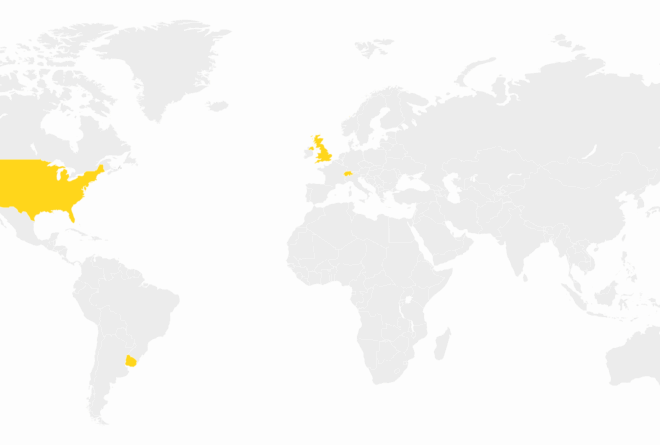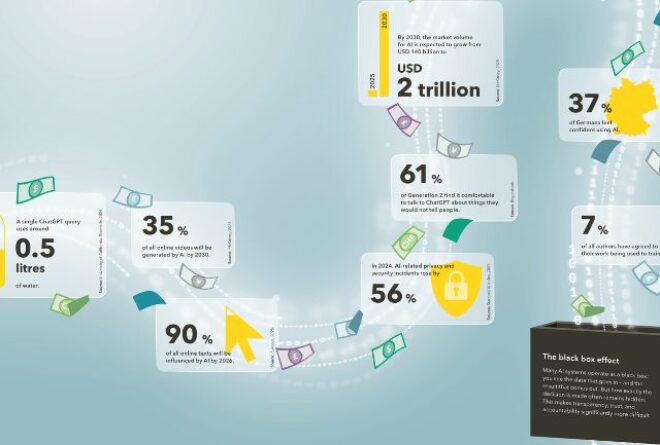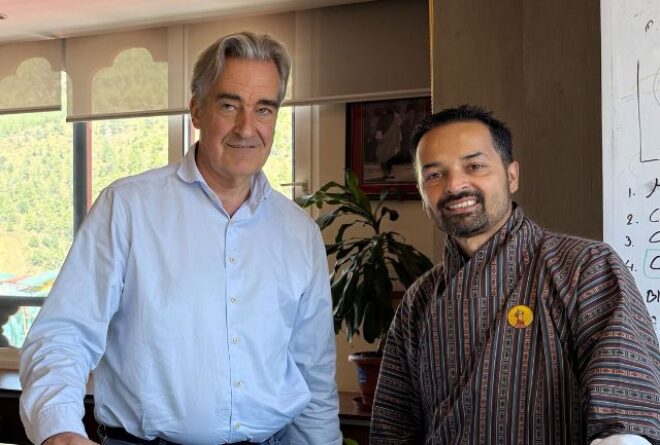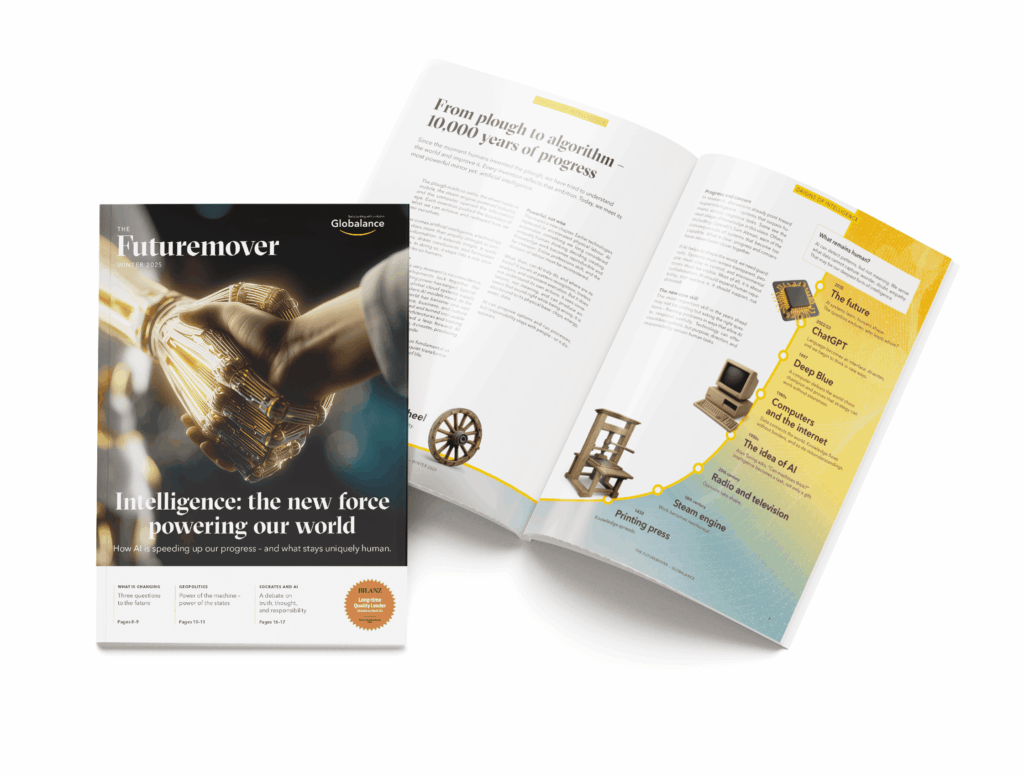News & Trends
Traveling net-positive
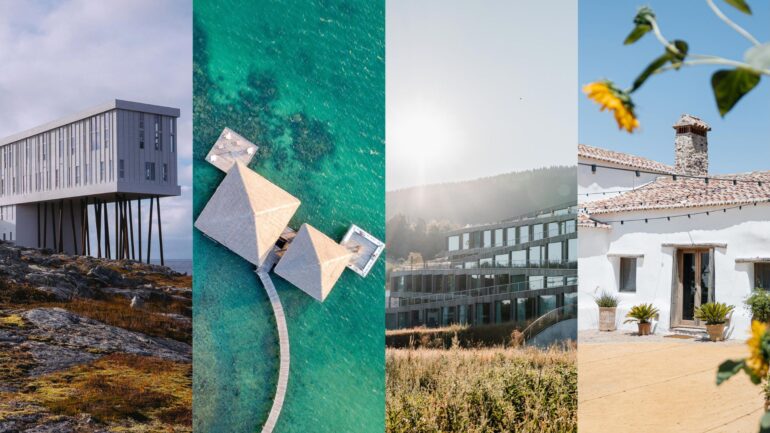
Traveling can be rewarding – not just for the traveler, but for everyone involved. Regenerative travel goes a step beyond: it leaves a destination better than it was before.
Awareness of ecological and social responsibility is steadily growing – including in the travel industry. According to a report by the World Economic Forum (WEF), 75% of respondents say that environmental impact influences their choice of travel destination. Today’s travelers are looking for experiences that are not only unforgettable but also leave a positive impact on the places they visit. They want to travel not just sustainably – but regeneratively. But what does that actually mean?
From net-negative to net-positive
Regenerative travel goes beyond simply reducing harm. While sustainable travel focuses on minimizing footprints, regenerative travel strives to make a net-positive contribution — to the environment, to society, and to the local economy. It does so through a variety of practices:
Mindshift: values over profit
The first step toward regenerative travel is a shift in mindset – from purely financial returns to creating lasting value for local communities and ecosystems.
Becoming part of the local ecosystem
Regenerative travelers see themselves as part of the place they’re visiting. Supporting local businesses, respecting cultural practices, and contributing to conservation makes you more than a guest.
Restoring nature
To regenerate means to actively restore natural resources. In doing so, travelers also cultivate a deeper connection to nature and the planet.
Experiencing community
Whether through volunteer work, local festivals, or simply meaningful exchanges with residents – relationships grow through shared moments.
Honoring and sharing local knowledge
Keeping traditions alive means keeping cultures alive. Whether through pottery with local artisans or conversations about medicinal plants, those who listen and learn help preserve indigenous knowledge.
All these actions contribute to a form of tourism that makes the world a little better– one trip at a time. And regenerative travel doesn’t mean giving something up. In fact, the following examples show how luxury and positive impact can go hand in hand – with travel providers like Journeys with Purpose (UK) leading the way. They just might spark your own wanderlust…
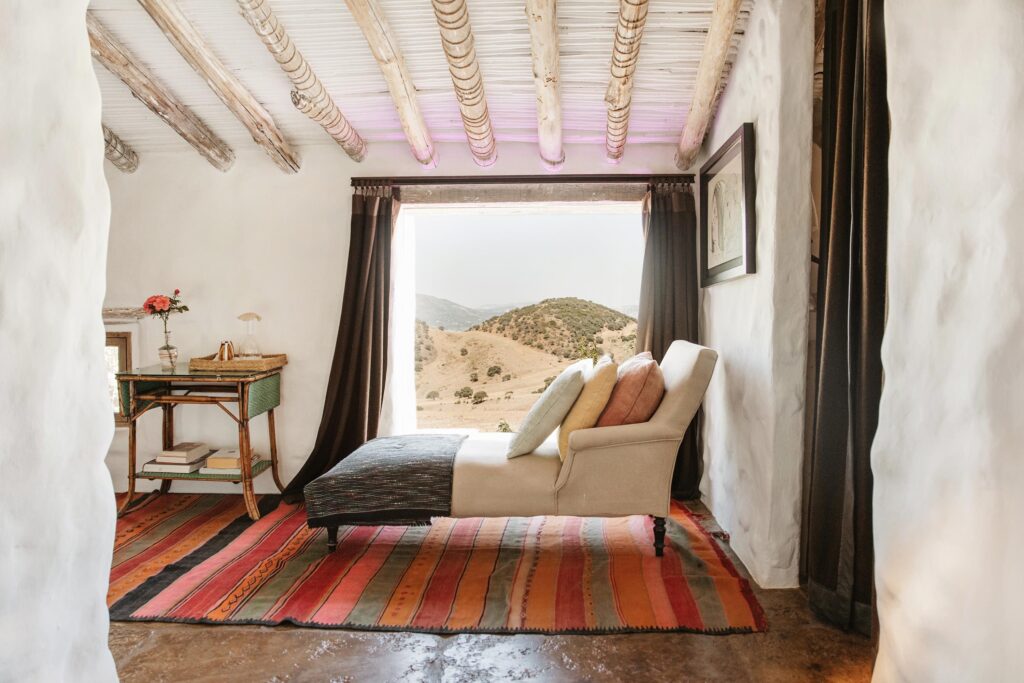
CIRCULAR – SENSORY – CLOSE TO NATURE
La Donaira, Andalusia, Spain
Tucked away in the picturesque Serranía de Ronda, La Donaira is an oasis of discreet luxury. Here, where rolling hills touch the horizon and the air is scented with wild jasmine, the rhythm of nature sets the pace.
The estate practices regenerative agriculture through permaculture, olive cultivation, and winemaking using heirloom grape varieties – all nurturing the land’s natural beauty.
Free-roaming Lusitano horses are an integral part of this ecosystem, symbolizing the harmonious relationship between animals and nature. The culinary philosophy follows food from seed to plate, nourishing both body and soul. Guests become part of the local ecosystem and are invited to learn hands-on practices that strengthen nature and community.
PURIST – ROOTED – SUSTAINABLE
Hôtel des Horlogers, Vaud, Switzerland
A place of harmony: Hôtel des Horlogers blends luxury with a deep connection to its local roots. Supported by Audemars Piguet, the hotel brings together sustainability, craftsmanship, and authentic encounters with nature.
The spa obtains its plants and flowers from the surrounding Vallée de Joux, and the restaurant sources its ingredients from its own organic garden or nearby farms.
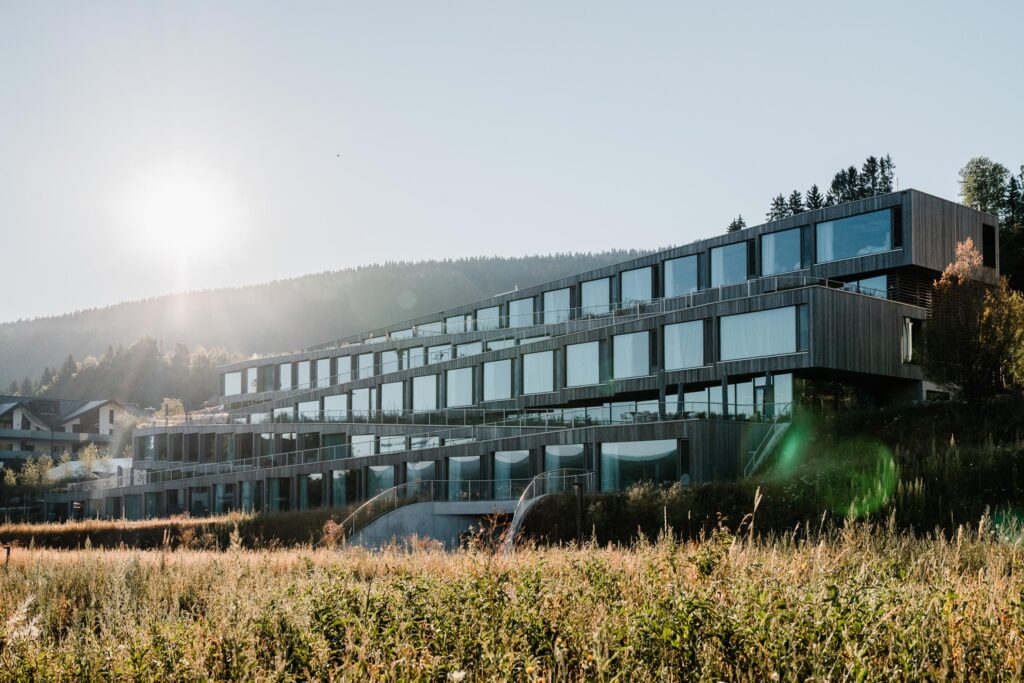
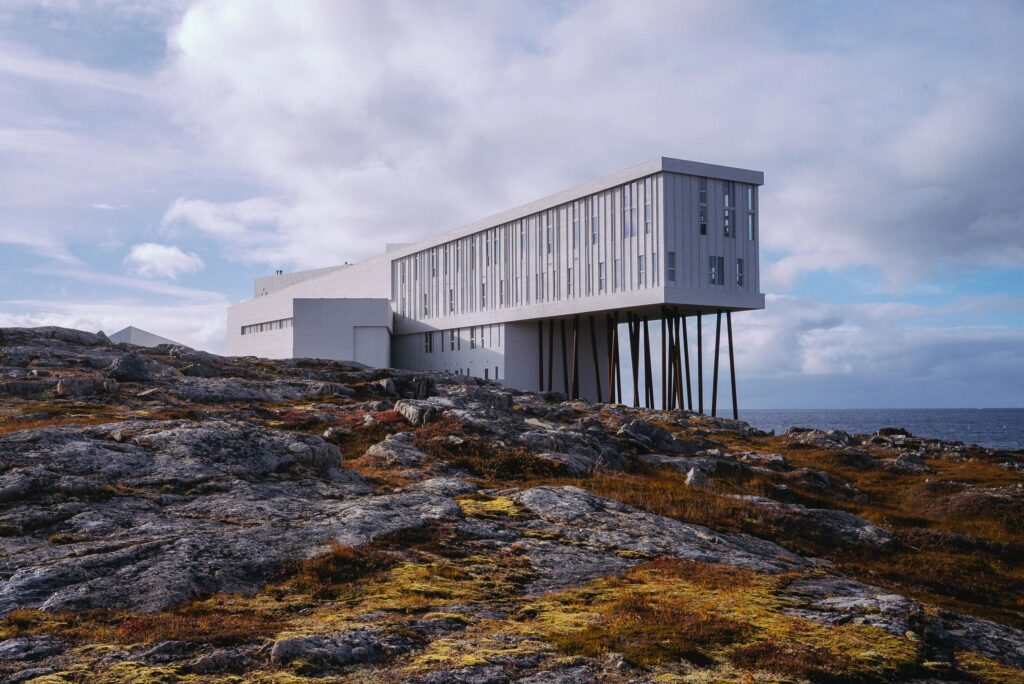
WILD – CONNECTED – VISIONARY
Fogo Island Inn, Newfoundland, Canada
On a small island off Canada’s wild Atlantic coast, Fogo Island Inn is a sanctuary like no other. The architecture mirrors the rugged natural surroundings, and seasonal dishes tell the stories of the island’s hunters and gatherers.
Profits are reinvested into a foundation dedicated to strengthening the local economy.
REGENERATIVE – TROPICAL – COMMITTED
Song Saa, Cambodia
Song Saa is a private island within Cambodia’s first marine protected area. The regenerative luxury resort was born from the restoration of two neglected islands. Today, it integrates reforestation programs, marine conservation, and initiatives that support local education and healthcare.
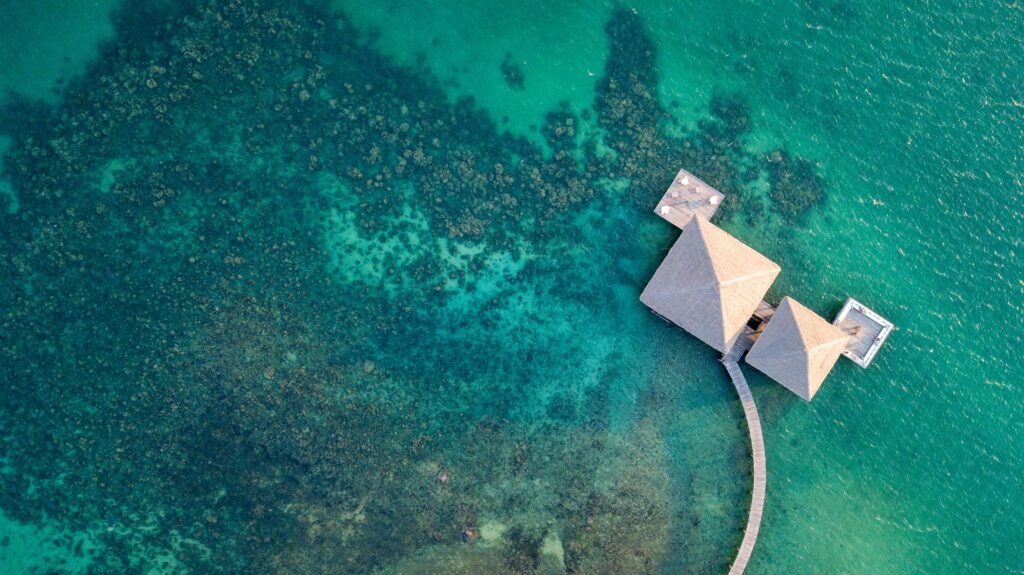
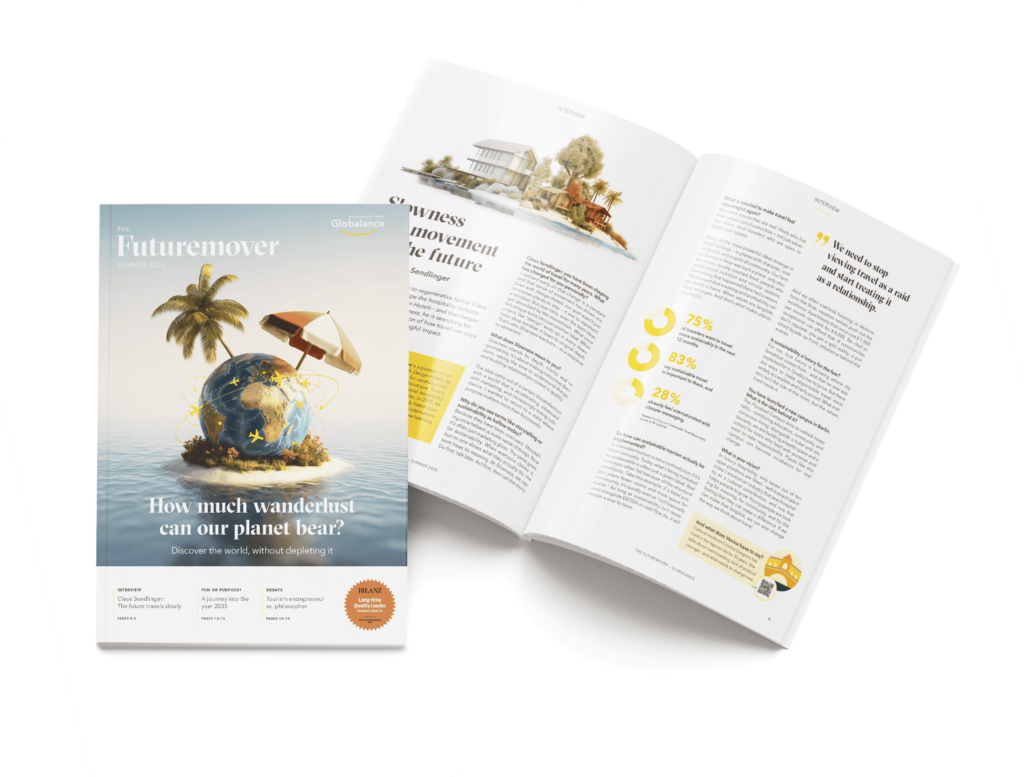
Discover the entire issue
Read more articles from our current issue: ‘How much wanderlust can our planet bear?’.
Be part of the solution and stay informed with the Futuremover.
Subscribe now and shape the future!
Magazin abonnieren EN
"*" indicates required fields



